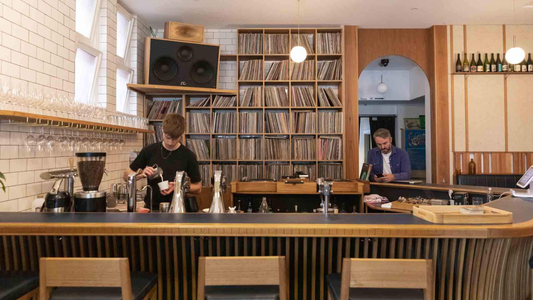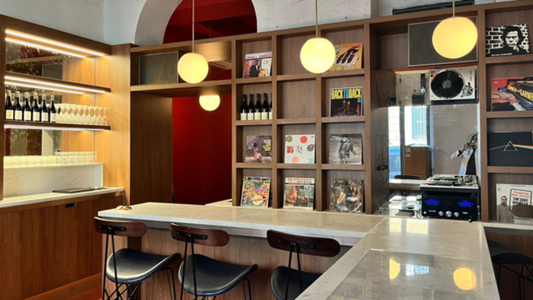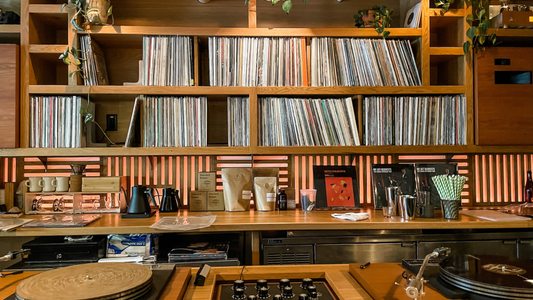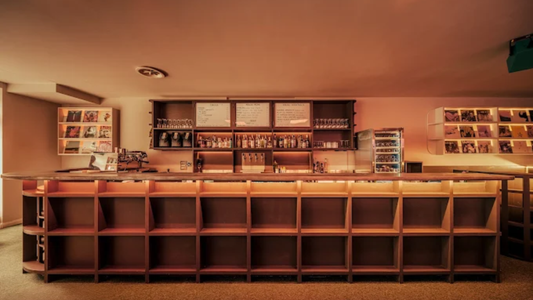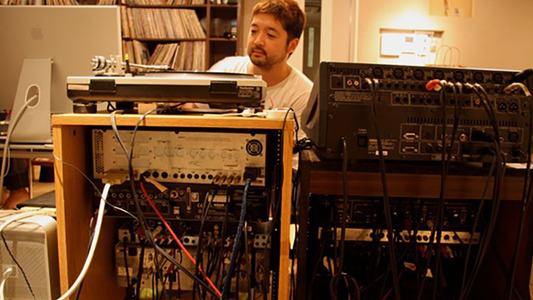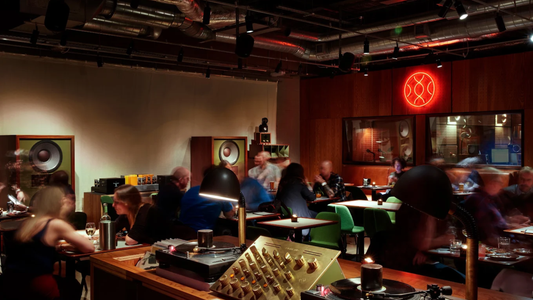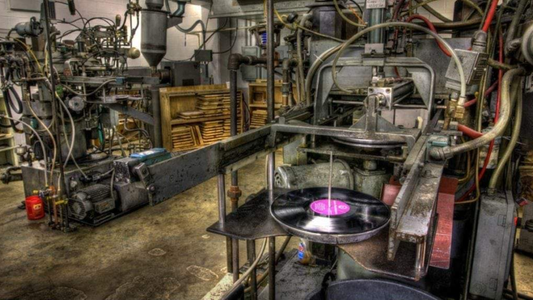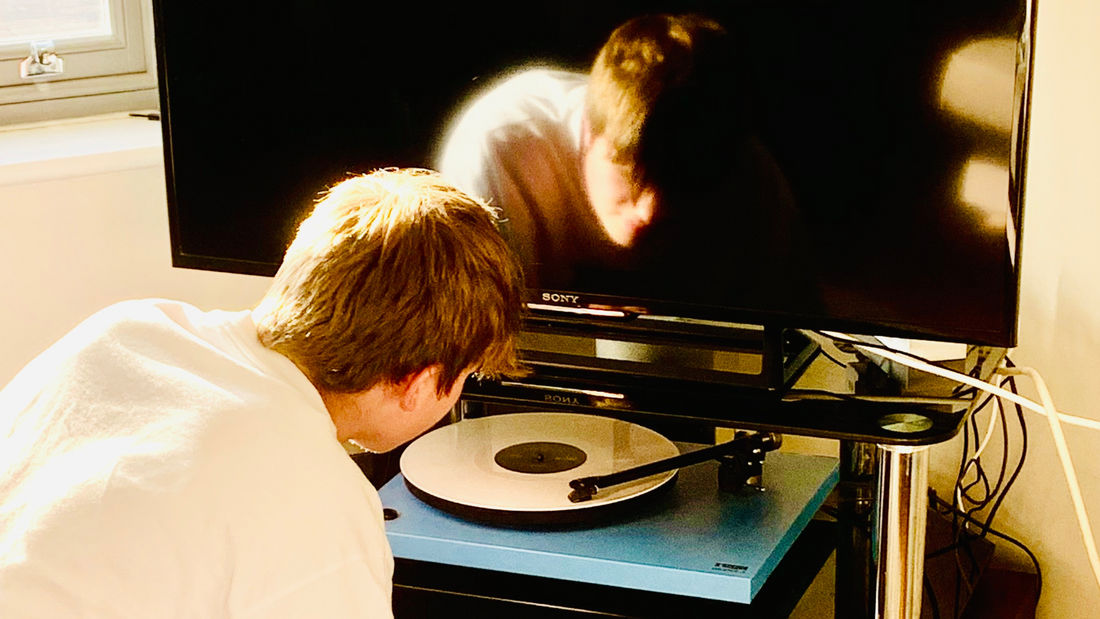
The Record Deck Is Never Just a Machine
By Rafi Mercer
I own four record decks. Two Technics SL-1200 Mk2s, a Rega Planar 2, and a Rega Planar 3. I don’t need four. By any rational measure, one would suffice, two at most. But I cannot let any of them go. Each one carries not only sound but story, and together they form a kind of biography. Part investment, part asset, but more than that: part of who I am, and who I want to be.
The Technics pair are survivors, workhorses of the DJ booth and the bedroom alike. They are built to last, heavy as anchors, precise as instruments. To own them is to hold a piece of music history, not only because they played clubs and festivals but because they embody a philosophy of permanence. You know, holding a Technics, that it will outlive trends. These decks are as much sculpture as machine, and to sell them would feel like betraying something larger than myself.
The Rega Planars are different. Lighter, more minimalist, almost ascetic in their design. The Planar 2 feels like a doorway, the deck you cut your teeth on if you want to hear music with care. The Planar 3 feels like progression, the refinement of that first step into something closer to mastery. Together, they form a ladder: one foot in memory, one in aspiration. They remind me that listening is a journey, and that each stage of the journey deserves its own instrument.
So why keep all four? Because they are not interchangeable. They are anchors to moments in time, portals to places I have been. I can remember the first time I placed a jazz import on the Rega Planar 2, hearing detail that startled me into a different way of listening. I can recall the weight of nights where the Technics held steady under my hands, pitch control gliding between tracks, friends gathered around, music thick in the air. I can still feel the Planar 3 calling me forward, promising sound yet to be discovered, detail yet to be revealed. Each deck carries a chapter. To discard one would be to erase it.
A record deck is never just a machine. It is memory and investment intertwined. Investment not only in money, though turntables hold their value, but in identity. To own a Rega is to say you care about sound. To own a Technics is to say you understand durability, the weight of culture. To own more than one is to admit that music is not a single thread in your life but a tapestry, layered and complex.
Turntables also act as gateways. They are not only tools for replaying the past but instruments for discovering the future. Each time you lower the needle, you do not know what you will hear. Even a record you know well changes with time, your mood, the room, the system. A deck is not static; it is alive with possibility. It holds the past in its grooves, but it also holds the chance that tomorrow you will hear something new.
I cannot help but think of them as extensions of myself. They are not trophies on a shelf, but living devices that mirror my own listening. They remind me of who I was when I bought them, what I was chasing, what I was escaping. They remind me of who I am now, still seeking silence, still chasing fidelity. And they hint at who I want to be: someone who will never stop listening deeply.
That is why letting one go feels impossible. It is not just selling a machine; it is cutting away a part of myself. Perhaps I don’t need four decks. But perhaps the truth is that four decks is exactly what I need. One to remind me of youth. One to remind me of discovery. One to remind me of durability. One to remind me of aspiration. Together, they tell the story of a life spent in sound.
The world is full of devices designed to make music easier. Phones, apps, speakers that fit in pockets. But ease is not the same as depth. A record deck is never easy. It requires space, care, ritual. You clean the vinyl, you adjust the arm, you lower the needle. You cannot skip instantly, you cannot compress endlessly. You must listen. And in that act, the deck reveals its true purpose. It is not a convenience but a mirror. It shows you what you value, what you remember, what you hope to find.
So when people ask why I own four record decks, I smile. The answer is not practical. The answer is personal. They are not simply tools for playing records. They are part investment, part asset, part extension of who I am and who I want to be. They are my autobiography in sound.
And that is something you cannot let go.
Rafi Mercer writes about the spaces where music matters. For more stories from Tracks & Tales, subscribe, or click here to read more.
